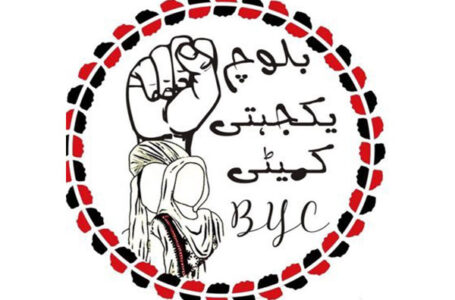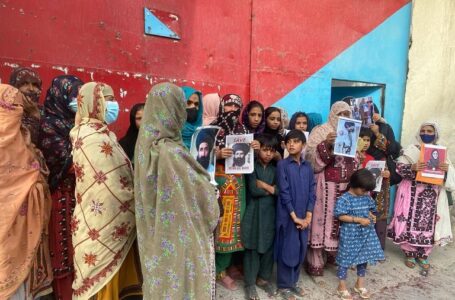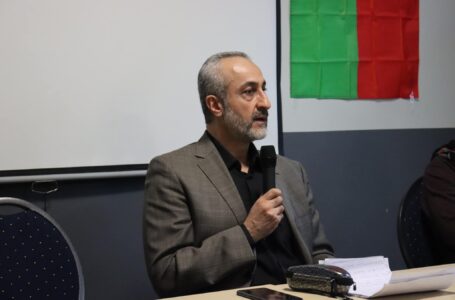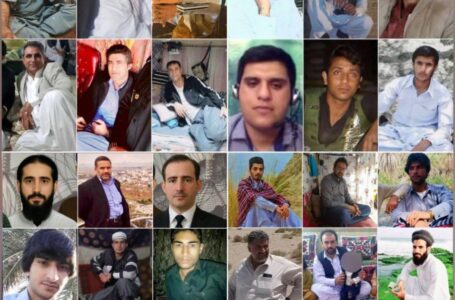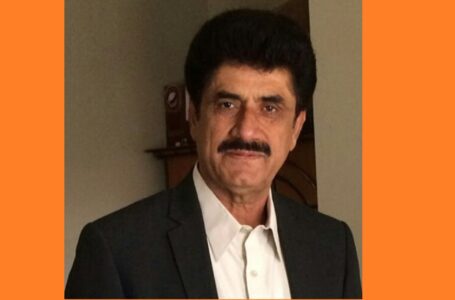Execution of 25 People in Two Weeks Part of Iran’s Systematic Baloch Genocide: FBM
Human Rights Crisis in Balochistan: 33 executed, 85 at risk of imminent execution
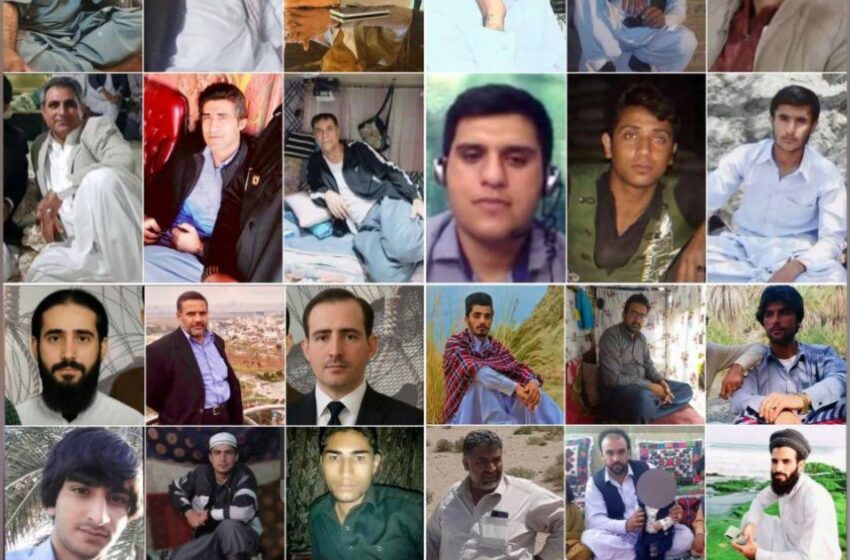
DOZZAAP (ZAHEDAN): A new wave of executions has gripped the Baloch community in Iran, with at least 33 Baloch prisoners executed in April 2024 alone. The executions took place across 10 different prisons in the country, amid growing concerns over human rights violations and the systematic repression of oppressed nations.
According to a report from the Baloch Activists Campaign, these executions, carried out without proper legal procedures or notification to families, are part of a disturbing trend that has seen the Iranian government target Baloch citizens under unjust and politically motivated charges.
The executed prisoners were accused of a variety of offenses, including political and ideological activities, drug-related crimes, and murder. Out of 33 individuals executed, 4 were charged with political and ideological offenses, 24 with drug-related crimes, and 5 with murder. Many of these executions occurred without prior notification to the prisoners’ families, without legal representation, and through non-transparent trials, which the campaign argues violate international human rights standards, including the International Covenant on Civil and Political Rights.
In addition to these executions, the report highlights an alarming development at the Central Prison of Zahedan, one of Iran’s most notorious prisons in Iranian Occupied Balochistan.
According to sources within the Baloch Activists Campaign, at least 85 Baloch prisoners in Zahedan’s central facility are at imminent risk of execution. These executions are reportedly planned to be carried out by the end of 2025, raising serious concerns about the safety and well-being of the incarcerated individuals.
The Baloch nation, which represents only about 5% of Iran’s total population, has long faced discrimination and marginalisation. Despite their relatively small numbers, Baloch citizens account for more than 10% of all executions in the country. This disparity highlights a deeply ingrained pattern of ethnic and political repression, particularly against the Baloch and other subjugated nations.
According to the Baloch Activists Campaign’s annual report, 101 Baloch citizens were executed in Iranian prisons in 2024 alone. This troubling statistic underscores the extent to which the Baloch nation is disproportionately affected by the Iranian government’s punitive measures.
Amnesty International also reported that at least 972 people were executed in Iran in 2024, with Iran now accounting for 64% of global executions.
Amnesty has raised concerns about the discriminatory nature of these executions, especially in relation to ethnic and oppressed nations like the Baloch. The organisation stated that many of the executions are motivated by political and ethnic bias, with the individuals often subjected to unfair trials under duress and pressure from security forces.
The Baloch Activists Campaign has called on international human rights organisations, including the United Nations Human Rights Council, the UN Special Rapporteur on Extrajudicial Executions, and the UN Special Rapporteur on the Human Rights Situation in Iran, to take urgent action. These groups are urged to intervene to halt the ongoing executions, address the systemic ethnic and political discrimination faced by the Baloch people, and to demand independent monitoring of Iranian prisons, especially the Central Prison of Zahedan.
In a statement, the campaign condemned the Iranian government’s actions as a “gross violation of human rights” and a clear example of the systematic oppression of oppressed nations. They called for immediate global attention and intervention to prevent further loss of life and to ensure that Baloch citizens receive their fundamental rights to fair trials and protection from arbitrary execution.
As the international community continues to monitor the situation, the fate of the 85 Baloch prisoners facing imminent execution in Zahedan remains uncertain, casting a shadow over an already tense and dangerous period for the Baloch nation under Iran’s occupation.



